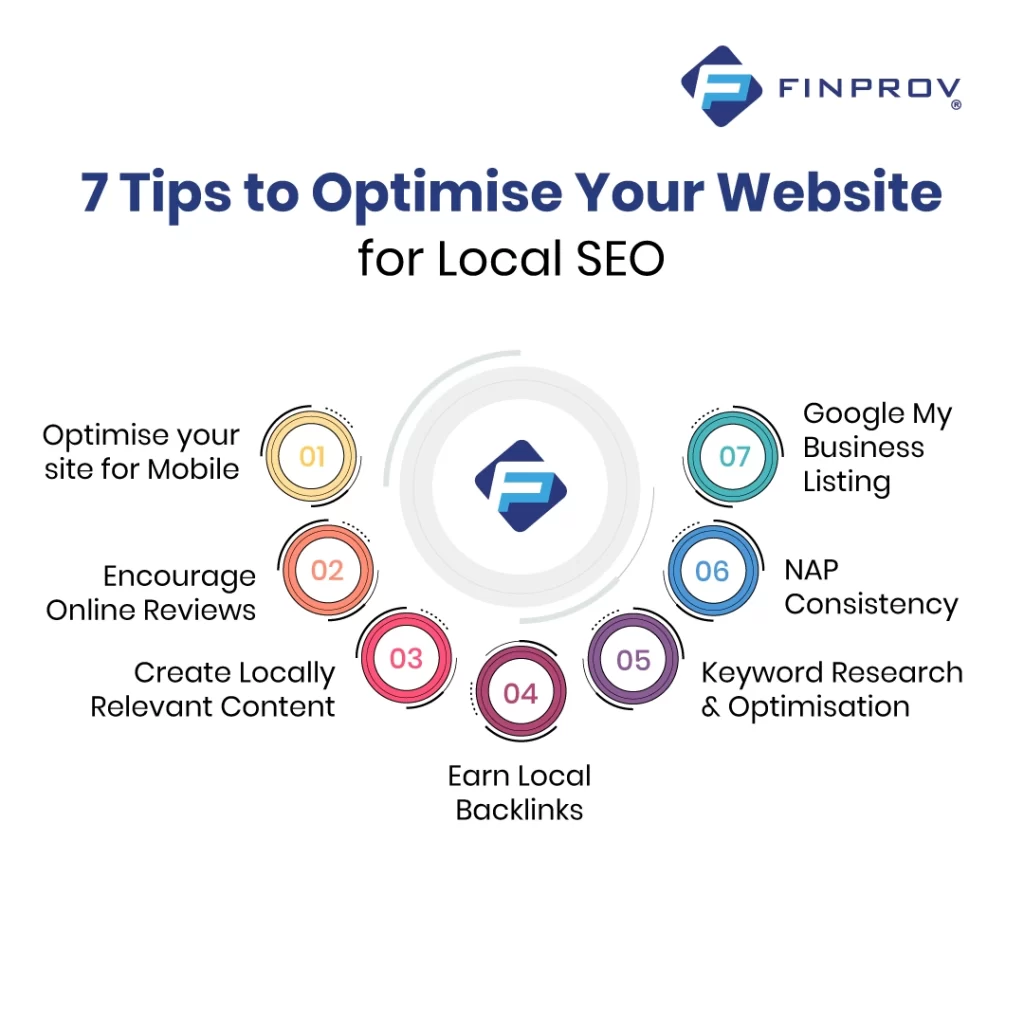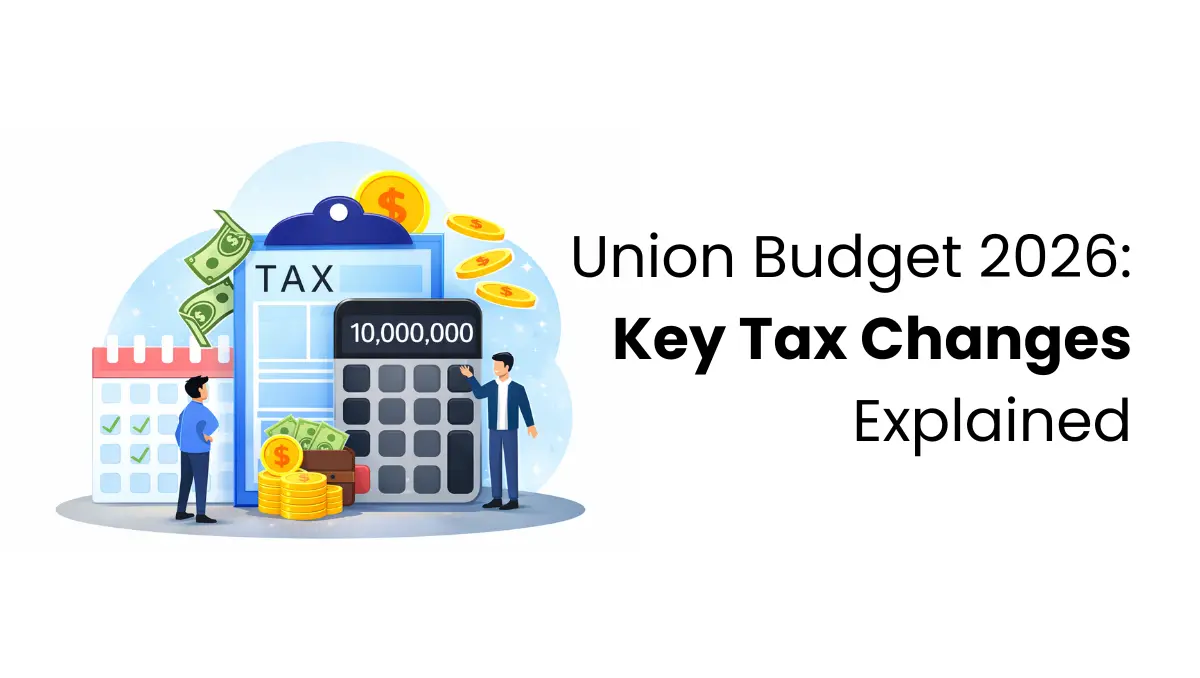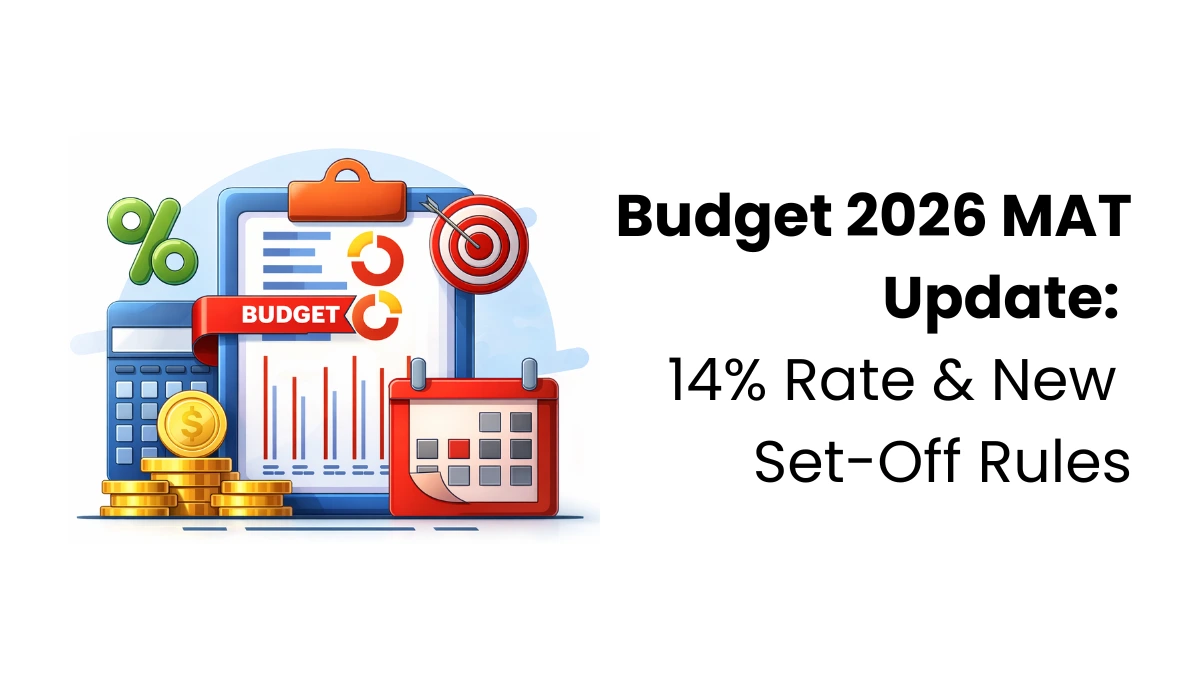Local SEO includes optimising your website and online visibility to appear at the top of the ranking with a specific focus on the particular area. This approach is important for businesses like physical stores, restaurants, retail shops, and service providers to attract local customers. Here we will explore some methods for optimising your website for local SEO.
Tips to Optimise Your Website for Local SEO

1. Optimise your site for mobile:
Many people use their phones to explore businesses online, so it is important to optimise your website for mobiles. A mobile-friendly website offers faster loading times, a seamless browsing experience on small mobile screens, and a positive user experience. So you must ensure that your website is mobile-friendly to attract more customers.
2. Encourage online reviews:
Reviews are important for businesses, as they show that a business is trustworthy and credible to customers and search engines. You have to ask your customers to leave their reviews on Google Business Profile, and respond to them professionally, even if it is written poorly, or provide areas of improvement. By doing this, you can show your commitment to customer satisfaction and help to improve your online reputation.
3. Create locally relevant content:
Creating locally relevant content is important for local SEO. It acts as a medium to reach the information of your business or service to reach your targeted audience. To get good results, you have to create content that is high-quality, includes location-based keywords and phrases, and valuable content on a regular basis, which can help to engage more with your target audience and can also improve your ranking.
4. Earn local backlinks:
You have to create backlinks on websites like directories, review platforms, publications, and local sites in your location that provide high-quality backlinks. The quality of the backlink is important, and by creating a large number of high-quality citations, you can increase your authority and trustworthiness.
5. Keyword research and optimisation:
You have to create an effective SEO strategy. For this, you can perform keyword research to find the keywords that users are searching for similar businesses in that region. Then you have to choose keywords, and add them to your website, add to the title, description of Google Business Profile, and on local content.
6. NAP consistency:
By maintaining a consistent Name, Address, and Phone number (NAP) across different platforms like your website, Google Business Profile, and directories like Yelp, Bing Places can help to improve your online presence by showing that your business is trustworthy to search engines, which can improve local rankings.
7. Google business profile:
Optimising your Google Business Profile (GBP) is important for local SEO. You can add the information about your business, including name, address, phone number, operating hours, services, local keywords, and business descriptions, which helps to improve your online presence when people searches for businesses that are similar to yours.
Conclusion
In conclusion, local SEO is very important for businesses. You have to ensure that your website is mobile-friendly and has a uniform NAP in all platforms, optimise Google Business Profile, encourage user reviews and respond to them, create local backlinks and locally relevant content for improving your local rankings in search results and business growth.
Finprov offers accounting and digital marketing courses for graduates and working professionals. The PG Diploma in Digital Marketing & E-commerce Certification program is one of the best digital marketing courses, which includes topics such as the overview and the basics of digital marketing, tools for effective marketing, running campaigns on different platforms, digital marketing tactics, insights on the popular digital marketing tools, and metrics.
Joining this program can help you learn skills in different areas, such as email marketing, search engine marketing, social media marketing, video marketing, search engine optimization, and more, with practical and theoretical learning.
FAQs
Q1. How to optimize my website for local SEO?
If you want to optimise your website for local SEO you have to ensure some important factors such as making sure your website is optimised for mobiles, have a consistent Name, Address and Phone number (NAP) across different platforms, optimise your Google business profile, ensure that local keywords and phrases are included while creating contents, in website, titles, ask your customers to provide feedbacks and create backlinks on local sites that have high authority.
Q2. Is it necessary to add local SEO to a business?
Yes, by optimising your website with local SEO, it is possible to improve your rankings on local search engines and attract more customers in a local area, and improve your online visibility and trust.
Q3. What is the difference between Global SEO and Local SEO?
Global SEO targets the audiences on a national or international level, while Local SEO focuses on reaching customers in specific geographic areas.
Q4. What are local keywords in SEO?
Local keywords are search terms people use to find products or services in a particular area. For example, someone looking for accommodation might search for “best hotels in Kochi.”
Q5. How to find local keywords for my business?
First, you have to research local keywords similar to your business, include them in your website content, Google Business Profile, and other online platforms. You can also create local backlinks and create locally relevant content with these keywords.










